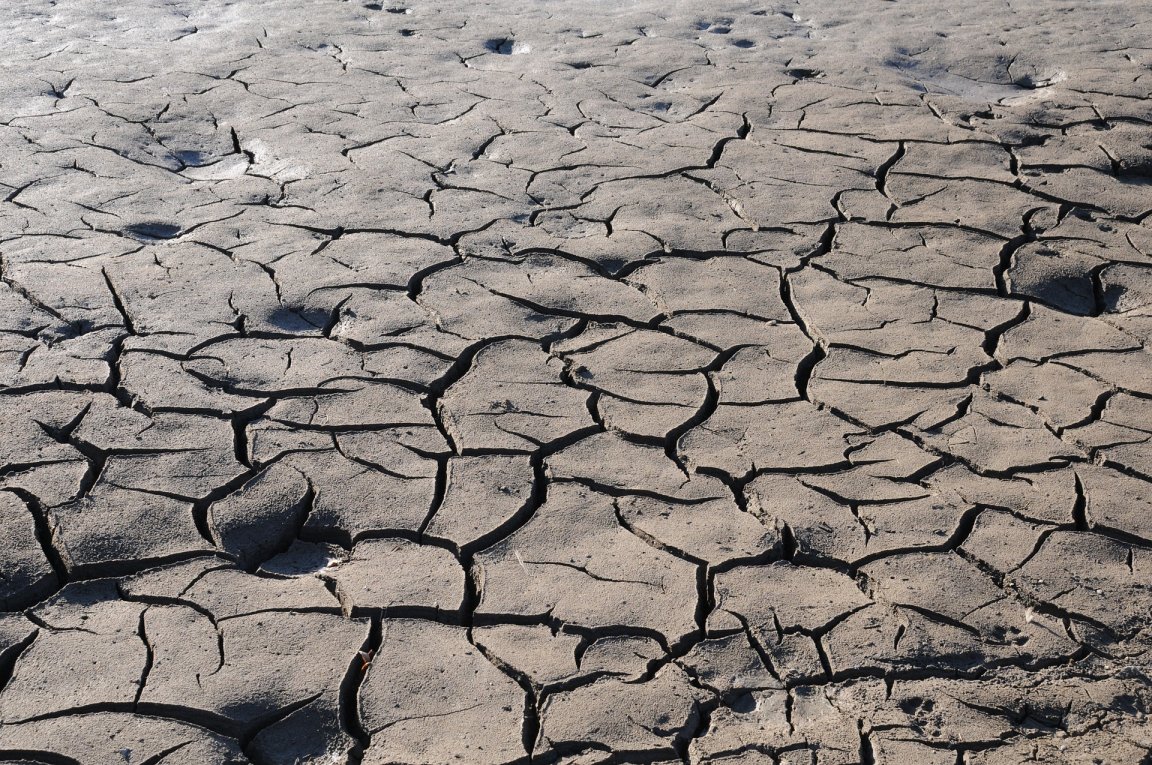
“Weather Extremes”
According to a series of emails and other documents released by The Guardian, staff at the U.S. Department of Agriculture (USDA) have been instructed to avoid using the phrase “climate change,” and to instead use “weather extremes.” The emails were sent between staff at the Natural Resources Conservation Service (NRCS), a unit within the USDA dedicated to farmland conservation. In addition to “climate change,” staff are instructed to replace “climate change adaptation” with “resilience to weather extremes”; “reduce greenhouse gases” with “build soil organic matter, increase nutrient use efficiency”; and “sequester carbon” with “build soil organic matter.”
The terms to avoid are listed in a February 16 email from Bianca Moebius-Clune, director of soil health. In that message, Moebius-Clune indicates the new language was provided to her staff and suggests that others pass it on. She writes, “we won’t change the modeling, just how we talk about it – there are a lot of benefits to putting carbon back in the sail [sic], climate mitigation is just one of them.” She also says that someone from the USDA’s public affairs team advised her to “tamp down on discretionary messaging right now.”
While it is true that replacing carbon in soil can improve the soil and provide certain limited agricultural benefits, there is no question that climate mitigation is the primary purpose of sequestering carbon and placing it back into soil. Obviously there is no requirement that farmers do this to grow food; the strategy is designed to reduce greenhouse gases in the atmosphere. In fact, carbon capture in soil will not be sufficient to reverse climate change and should be one of several carbon capture strategies, according to scientists.
Moebius-Clune also describes references that the agency will see as positive, including mentions of agro-tourism, business opportunities in the rural U.S., economic growth, and “improved aesthetics. She also emphasizes that these turns of phrase should be “tolerated if not appreciated by all.”
It is possible that the inspiration for Moebius-Clune’s February email came in a January 24 memo to senior employees from Jimmy Bramblett, deputy chief for programs at the NRCS. That memo said: “It has become clear one of the previous administration’s priority [sic] is not consistent with that of the incoming administration. Namely, that priority is climate change. Please visit with your staff and make them aware of this shift in perspective within the executive branch.” Bramblett also said that “prudence” should govern discussions of greenhouse gases, and further indicated that the agency’s air quality work on these gases might be discontinued.
[infographic postid=”92586″][/infographic]
Confusion, Uncertainty Reign
Other emails highlight the confusion and uncertainty that now plagues scientific staff at the agency. On February 16, staffer Tim Hafner wrote to Bramblett: “I would like to know correct terms I should use instead of climate changes and anything to do with carbon … I want to ensure to incorporate correct terminology that the agency has approved to use.” On April 5, NRCS employee Suzanne Baker emailed to ask whether staff are “allowed to publish work from outside the USDA that use ‘climate change.’” On July 5, an employee states, “we would prefer to keep the language as is” and emphasizes the importance of the “scientific integrity of the work.”
The agency disagrees with these reports and insists that it has not directed employees to change their verbiage. USDA spokesman Tim Murtaugh told Politico’s Morning Agriculture that, “’there has never been a directive to NRCS regarding the term “climate change”’ and that it was unclear why the career officials behind the memos had raised the issue to staff.” NRCS spokesman Kaveh Sadeghzadeh supported this stance in an email: “The Natural Resources Conservation Service has not received direction from USDA or the administration to modify its communications on climate change or any other topic.” Furthermore, the NRCS website still mentions climate change at the time of this writing.
However, President Trump has repeatedly denied the validity of climate change research, and formally begun the process of withdrawing the U.S. from the Paris Climate Agreement. He has also instructed the Environmental Protection Agency (EPA) to change or drop regulations designed to curb greenhouse gas emissions, and has opened up additional public waters and land to fossil fuel activity. In line with these directives, all mentions of climate change were removed from the websites of the EPA, the White House, and the Department of the Interior, which governs public lands.
Experts are condemning the emails as part of the bigger picture concerning this administration’s position on climate change and science more generally.
“These records reveal Trump’s active censorship of science in the name of his political agenda,” open government attorney Meg Townsend of the Center for Biological Diversity (CBD) told The Guardian.
To think that federal agency staff who report about the air, water and soil that sustains the health of our nation must conform their reporting with the Trump administration’s anti-science rhetoric is appalling and dangerous for America and the greater global community.
The CBD is suing several government agencies, including the state department and the EPA, to release information on their censorship of climate change verbiage. While some changes to government websites always occur from administration to administration, the emails from within the USDA back up the claim that even scientific staff at the federal level are being stopped from acknowledging climate change and its consequences.
Agriculture is responsible for 15 percent of greenhouse emissions in the U.S., and one-third worldwide — making this an important agency in terms of climate change science. And while a USDA plan to address the impacts of climate change remains online, its position may be tenuous. Sam Clovis, Trump’s nomination for chief scientists of the USDA, has called climate change research “junk science,” and is not, in fact, a scientist.